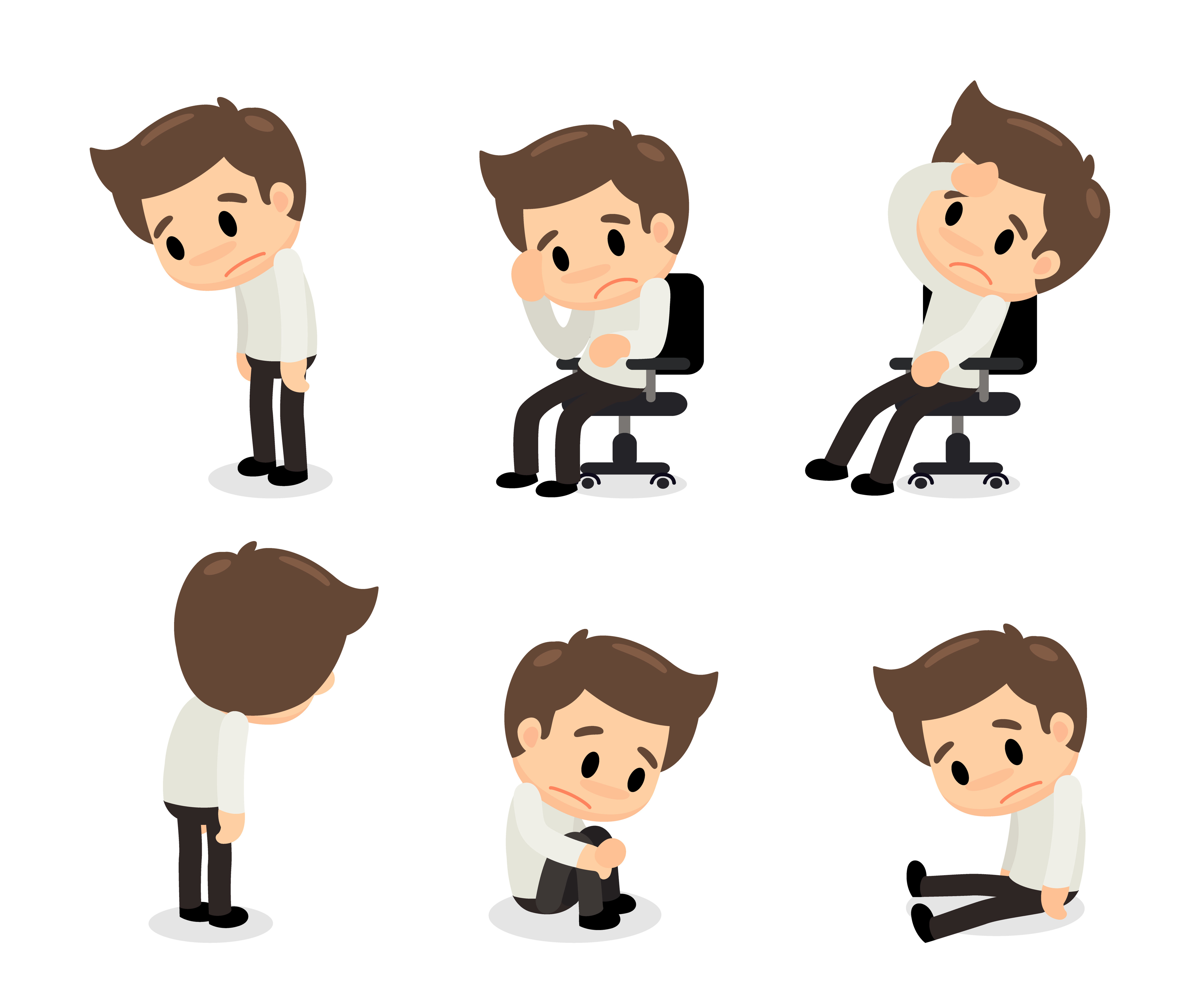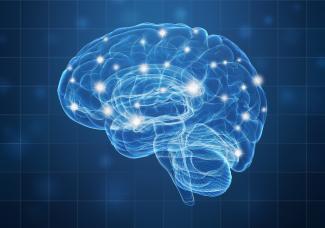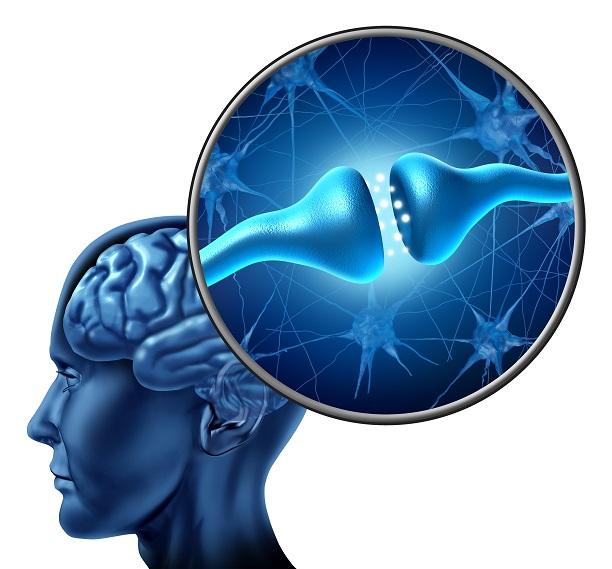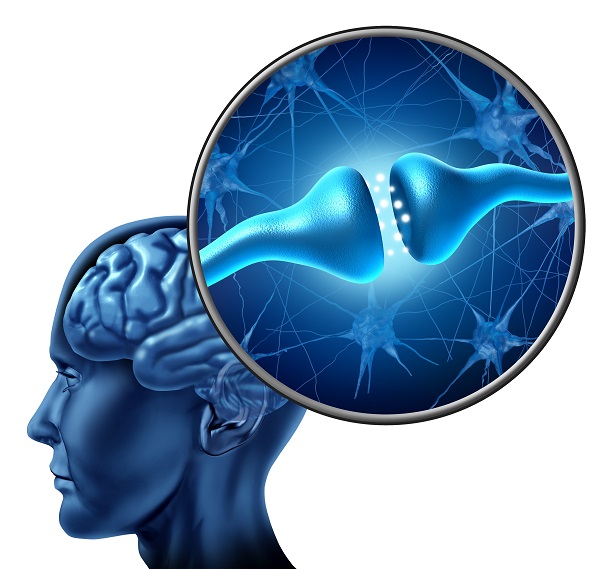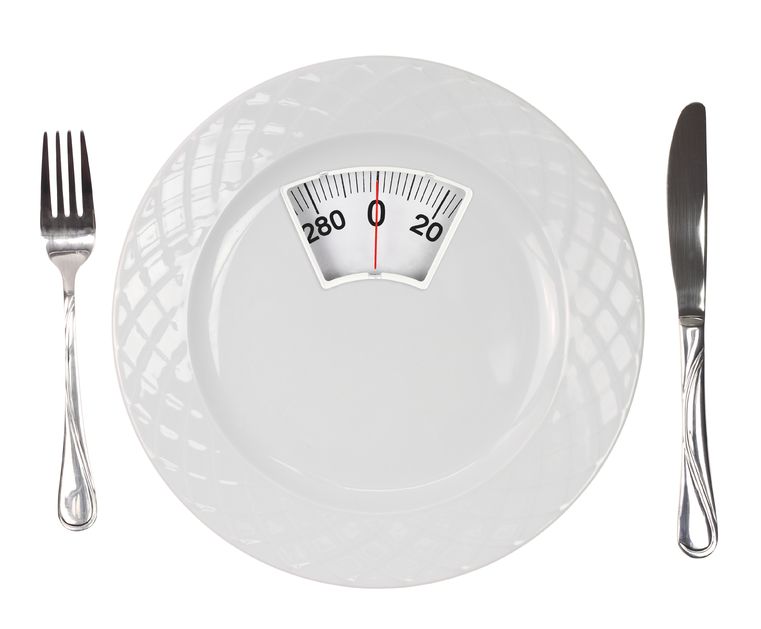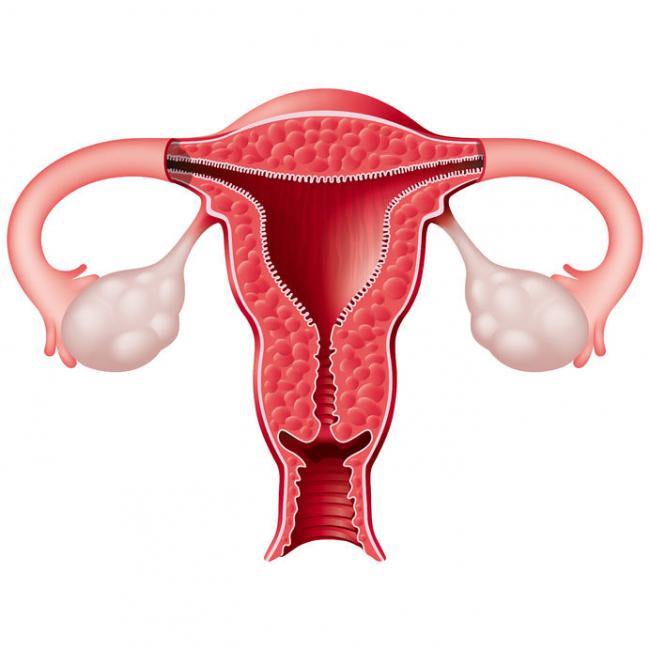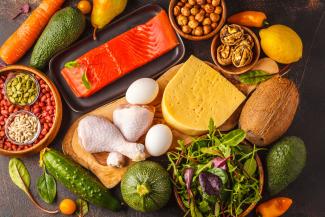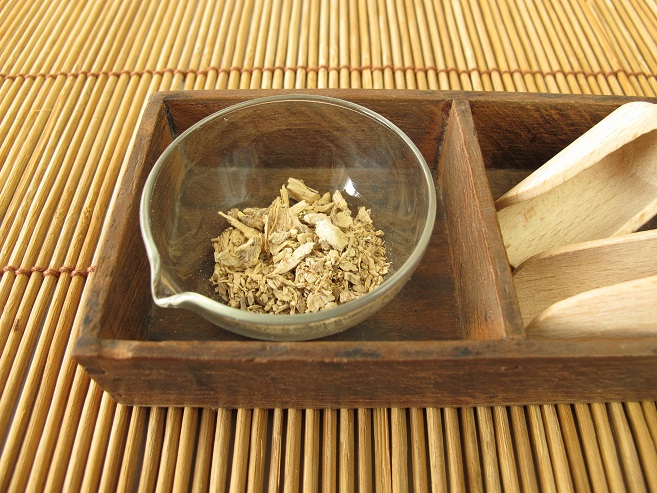Related Articles
- 27 Sep 21
Naturopathic doctors talk a lot about our emotional, mental, and spiritual wellbeing since these—along with the physical—make up the four pillars of holistic health care.
- 17 Dec 19
Sadness, hopelessness and loss of interest in previously interesting activities are the hallmark of a serious, well-known mood disorder commonly referred to as depression. The Diagnostic and Statistical Manual of Mental Disorders (DSM) defines the disorder based on specific emotions that one must feel for a set amount of time.
- 17 Dec 19
Energy medicine comes in many forms, defined as
anything that works on the energetic biofield of the
human body, also known as the aura. Focusing on
this aspect of health in turn has a ripple effect into
other aspects including emotional, mental, physical,
and even spiritual. I would like to focus this article
specifically on reiki of the Usui origin. - 05 May 20
Coronavirus disease 2019 (COVID‑19) is a pandemic that has affected more than 200 countries all around the world, according to the World Health Organization. This disease outbreak, which started in January 2020, has shocked the world due to its uncontrollable spread and increasing death rate. Social isolation, reduced financial ability, and the lack of certainty about the future may cause symptoms of anxiety and depression in many individuals during this period. Amidst all this, many are worried about their own health status or the health of their loved ones.
- 09 Jan 20
In an ever-evolving and modernizing world, we often overlook some of the simplest things. Many cultures are based around certain foods and religious values that teach a way of life. In these cultures, practising these religious values creates a sense of community that binds the group together and further emphasizes the culture. But as families move to new cities and countries, holding on to that cultural upbringing that includes religion becomes harder and harder.
- 12 Feb 20
Mild traumatic brain injuries (mTBIs) and postconcussion syndrome are becoming more of a public health concern. Although termed “mild,” the effects can certainly be debilitating and severe in some cases. The symptoms of postconcussion syndrome include headaches, memory and concentration difficulties, irritability, fatigue, nausea, visual disturbances, light and noise sensitivity, judgement problems, depression, and anxiety.
- 10 Jun 20
Growing up with both parents in the teaching profession, over the years, I’ve grown accustomed to hearing commentary on “kids these days.” Lately, the conversation seems to centre around “anxious kids” or childhood anxiety. Not only do my parents see this in schools, but I hear about it all the time in my naturopathic practice from parents and even children themselves. The stats also seem to be in agreement.
- 09 Jan 20
There are various supports for headache management such as supplements, acupuncture/body work, and herbal medicine.
Headaches can be divided into different categories, determining treatment type. - 05 May 20
Do you ever question if your health is being helped or hindered by technology? With modern technology advancing, there is a diminished need to leave your home, let alone get off your couch.
- 13 Apr 20
How to grow neurons—yes, you read that right!
There is a protein produced and used in our nervous system that helps the neurons grow in our brain, and which helps our brains work better, faster, stronger. In this article, we talk about things we can do to help increase the levels of this protein, and the research behind it. - 08 Jul 20
As the COVID-19 pandemic seemed to shut down the world, grocery stores, or at least what was left on the shelves at grocery stores, became an indicator of where people were at in their experience of the stressful event.
- 17 Aug 16
- 26 Feb 21
The kidneys are one of the body’s most important filtration systems and are sometimes overlooked until there is an issue. In traditional Chinese medicine, the kidneys are often referred to as the “root of life,” and they play an important role in overall vitality, especially as we age.
- 03 Dec 14
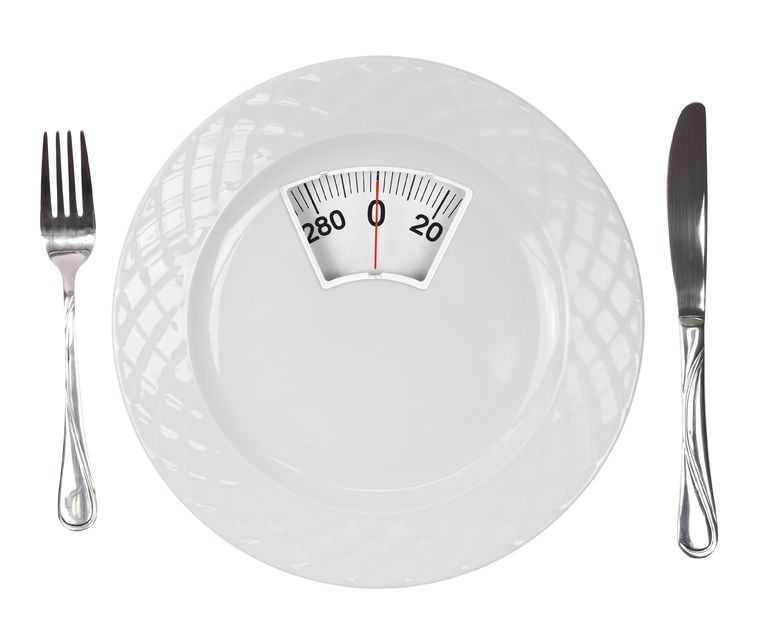 Our society is always looking for the weight management silver bullet; that magic diet, pill, or fitness machine that will shed excess fat and lead to a fit and firm body. Over the years, a multitude of services and products have hit this multi-billion dollar industry, yet we continue to see obesity rates rise, along with its associated co-morbidities. When it comes to weight management, focusing on the fundamental constituents of healthy living, rather than fads and gimmicks, is always the best bet. However, these common approaches do not always lead to the attainment of desired results.
Our society is always looking for the weight management silver bullet; that magic diet, pill, or fitness machine that will shed excess fat and lead to a fit and firm body. Over the years, a multitude of services and products have hit this multi-billion dollar industry, yet we continue to see obesity rates rise, along with its associated co-morbidities. When it comes to weight management, focusing on the fundamental constituents of healthy living, rather than fads and gimmicks, is always the best bet. However, these common approaches do not always lead to the attainment of desired results. - 17 Jul 16
- 17 Aug 16
- 10 Apr 16
 What Is It and What Causes It? Seasonal affective disorder (SAD) is a form of depression that occurs during certain times of the year. It generally occurs during the colder months, and is associated with shorter days. Reduced sunlight exposure during the fall and winter can disrupt the body’s internal clock, also known as the circadian rhythm.
What Is It and What Causes It? Seasonal affective disorder (SAD) is a form of depression that occurs during certain times of the year. It generally occurs during the colder months, and is associated with shorter days. Reduced sunlight exposure during the fall and winter can disrupt the body’s internal clock, also known as the circadian rhythm. - 02 Aug 19
Something everyone has in common is the need for sleep. We spend about one-third of our lives sleeping. Since we all need sleep, we all have different strategies and techniques in order to ensure a restful night’s sleep. Sleep hygiene are the habits one does in order to try to sleep well on a consistent basis.
- 11 Mar 16
- 08 Jan 15
 If you have taken an active interest in your own health-care treatment, then you have likely heard about the benefits of meditation and mindfulness. But do you really know why regular meditation is so beneficial? Common self-reported benefits include reduced levels of anxiety, depression and pain; data which have been reinforced through many clinical trials.
If you have taken an active interest in your own health-care treatment, then you have likely heard about the benefits of meditation and mindfulness. But do you really know why regular meditation is so beneficial? Common self-reported benefits include reduced levels of anxiety, depression and pain; data which have been reinforced through many clinical trials.
Newsletter
Most Popular
- 16 Jan 16
- 19 Jun 19
- 07 May 15
- 14 Feb 17
- 17 Jun 13
- 17 Jun 13
- 17 Jun 13
- 01 Jul 13
- 17 Jun 13
- 17 Jun 13
- 17 Jun 13
- 01 Jul 13
- 17 Jun 13
- 17 Jun 13
- 17 Jun 13
- 01 Jul 13





